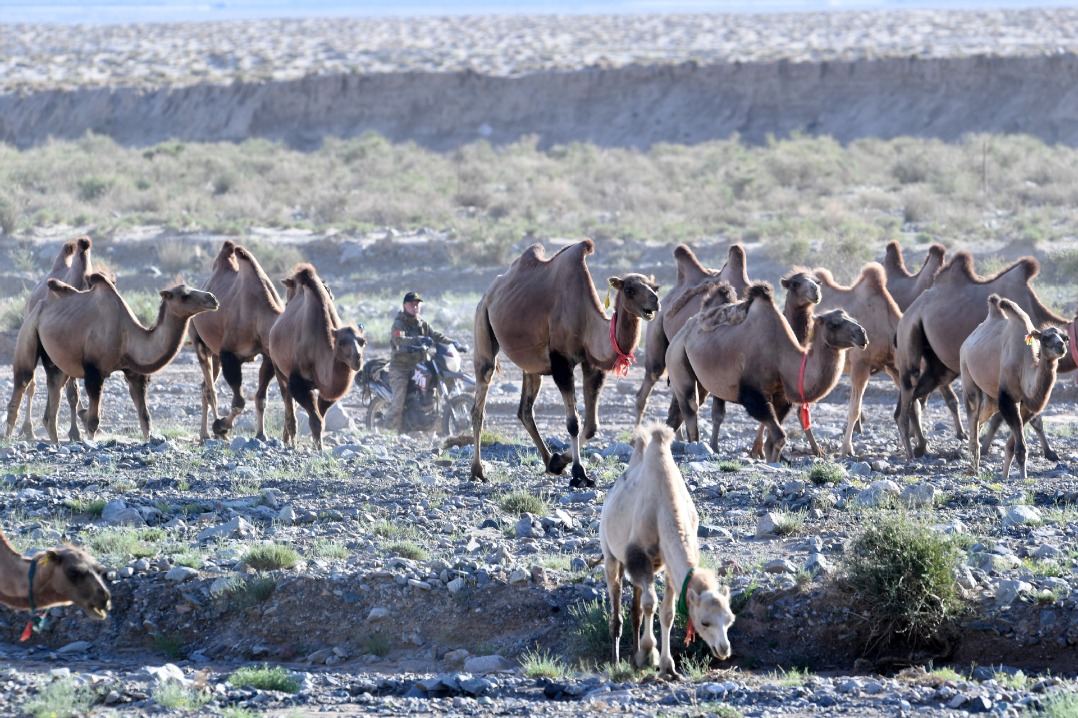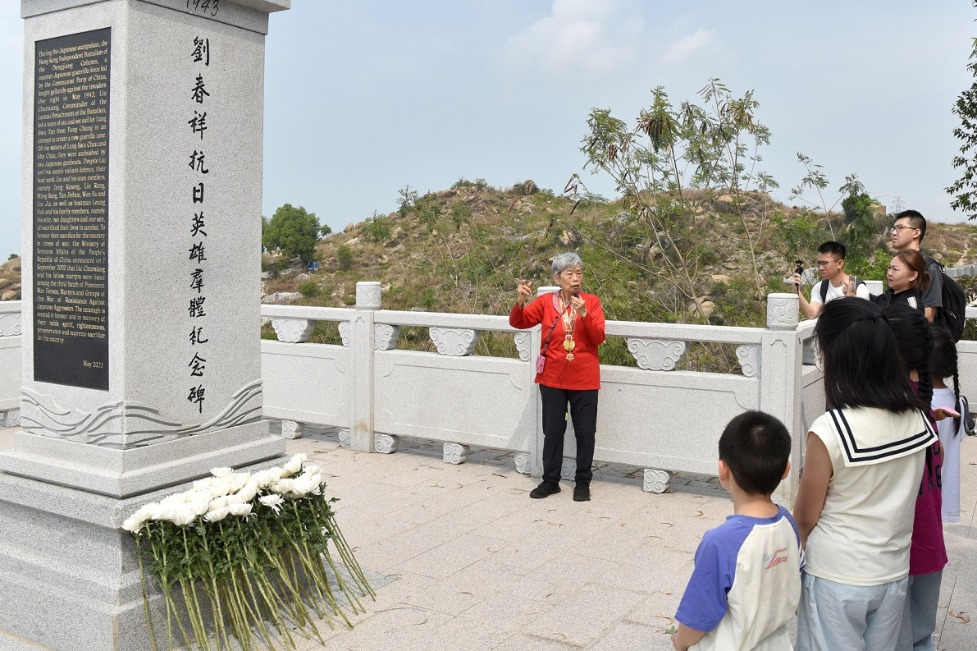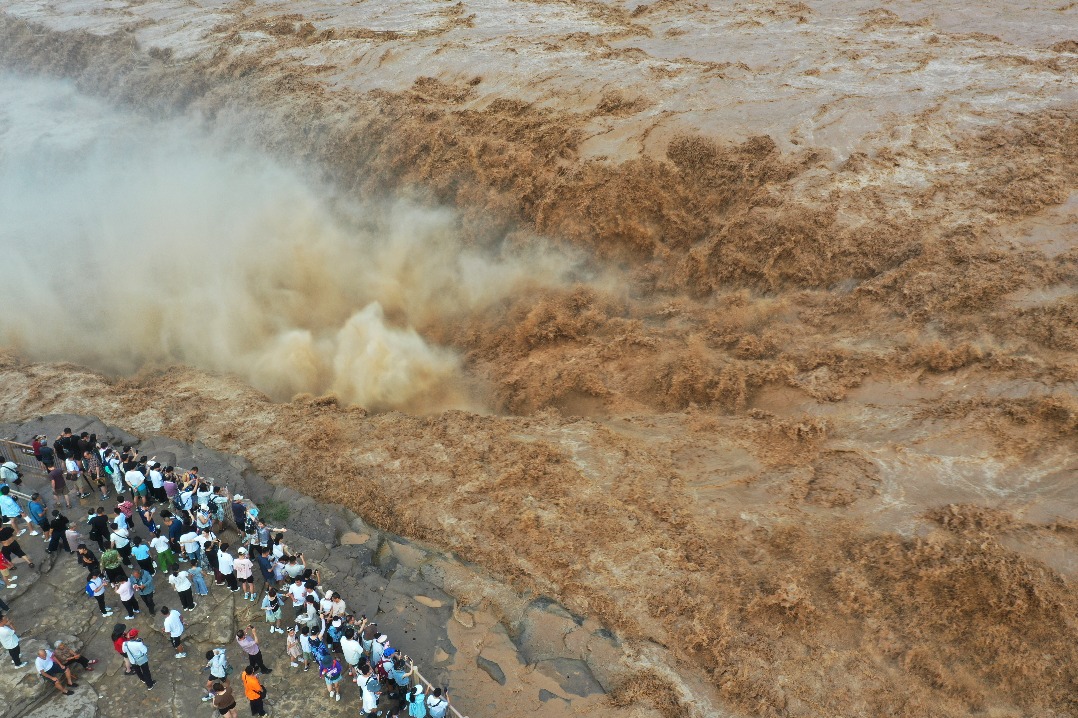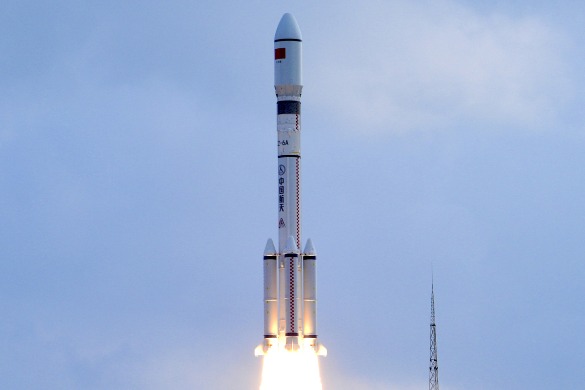China aims to balance COVID-19 control, economic growth

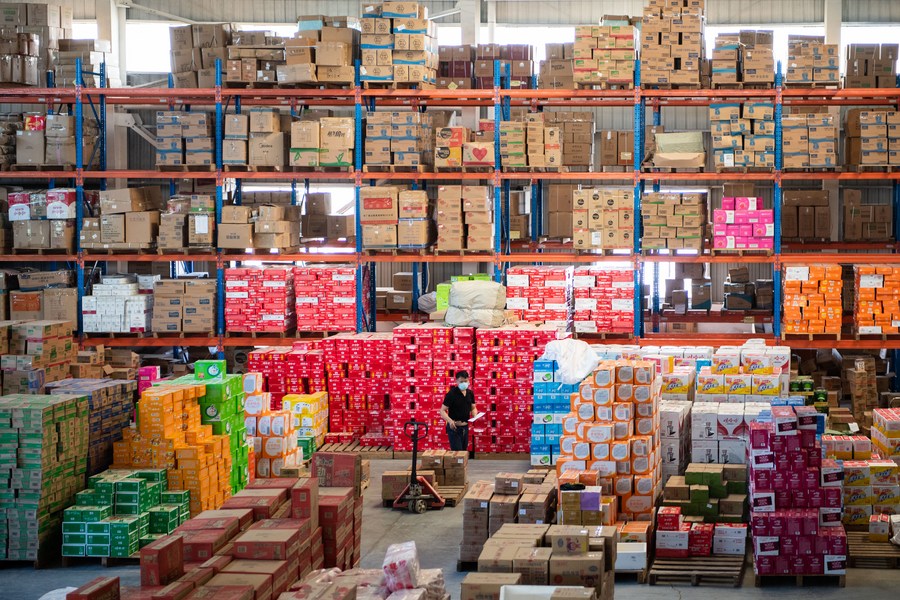
Balanced approaches
To combat the uptick in daily cases, both Yangzhou and Nanjing have conducted several rounds of mass nucleic acid testing and suspended all domestic flights, long-distance buses, and the opening of indoor entertainment venues and sports centers.
China has also implemented nationwide travel restrictions. All 31 provincial-level regions on the Chinese mainland have urged citizens not to travel to medium- and high-risk areas or leave the provinces where they live unless absolutely necessary.
But such strict measures have had only a limited impact on the lives of most Chinese people. "Our previous experience with fighting the epidemic has made us less panicked," said Wang Ying, who has not missed a day of work at an insurance company in Nanjing since the city saw a cluster of infections emerge.
"Earning wages is important for employees like me to support our families. I think the government has done a good job in balancing epidemic control and the operations of enterprises," Wang said.
Due to the temporary road traffic controls, Nanjing Changan Automobile Co., Ltd. initially had difficulty in delivering cars out of the city, but with the aid of local authorities, the company has successfully applied for traffic permits and shipped nearly 500 new energy vehicles.
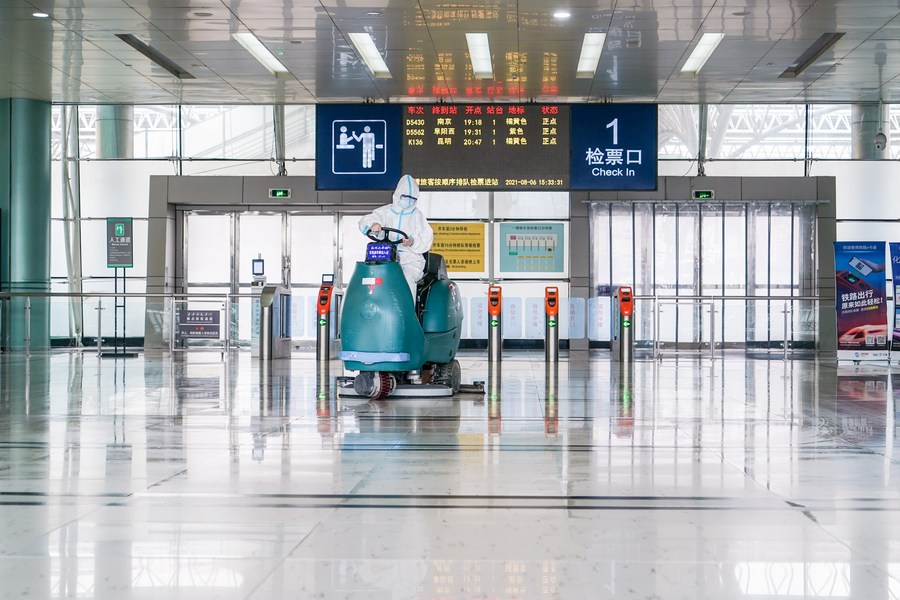
In Central China's Hunan province, which reported over 100 confirmed COVID-19 cases in recent weeks, economic and social development have been similarly resilient. At popular shopping sites in downtown Changsha, the capital of Hunan, people queue up in an orderly fashion to show their health and travel codes before entering shops.
In Hunan's Zhuzhou, the impact of the recent outbreaks on the normal production of enterprises is rather limited, as none of the industrial enterprises have been shut down in the city and over 94 percent of its major industrial enterprises have maintained normal operations, said Liu Haibin, director of the Zhuzhou municipal bureau of industry and information technology.
"China has always been seeking a balance and trying its best to control the epidemic locally to mitigate the impact on society and the economy, leaving extreme measures like city lockdowns as the last resort," said Yu Xin'an, vice president of the China Association of Regional Economy.
- Camels on summer migration journey in Gansu
- American journalist's photos and writing rekindle China's wartime memories
- 90-year-old WWII veteran inspires Hong Kong youth with tales of valor, peace
- People visit Hukou Waterfall on Yellow River in Jixian county, North China
- Grassroots soccer league resumes, showcasing resilience after flooding
- Capital unveils three-year plan to protect Central Axis heritage
















